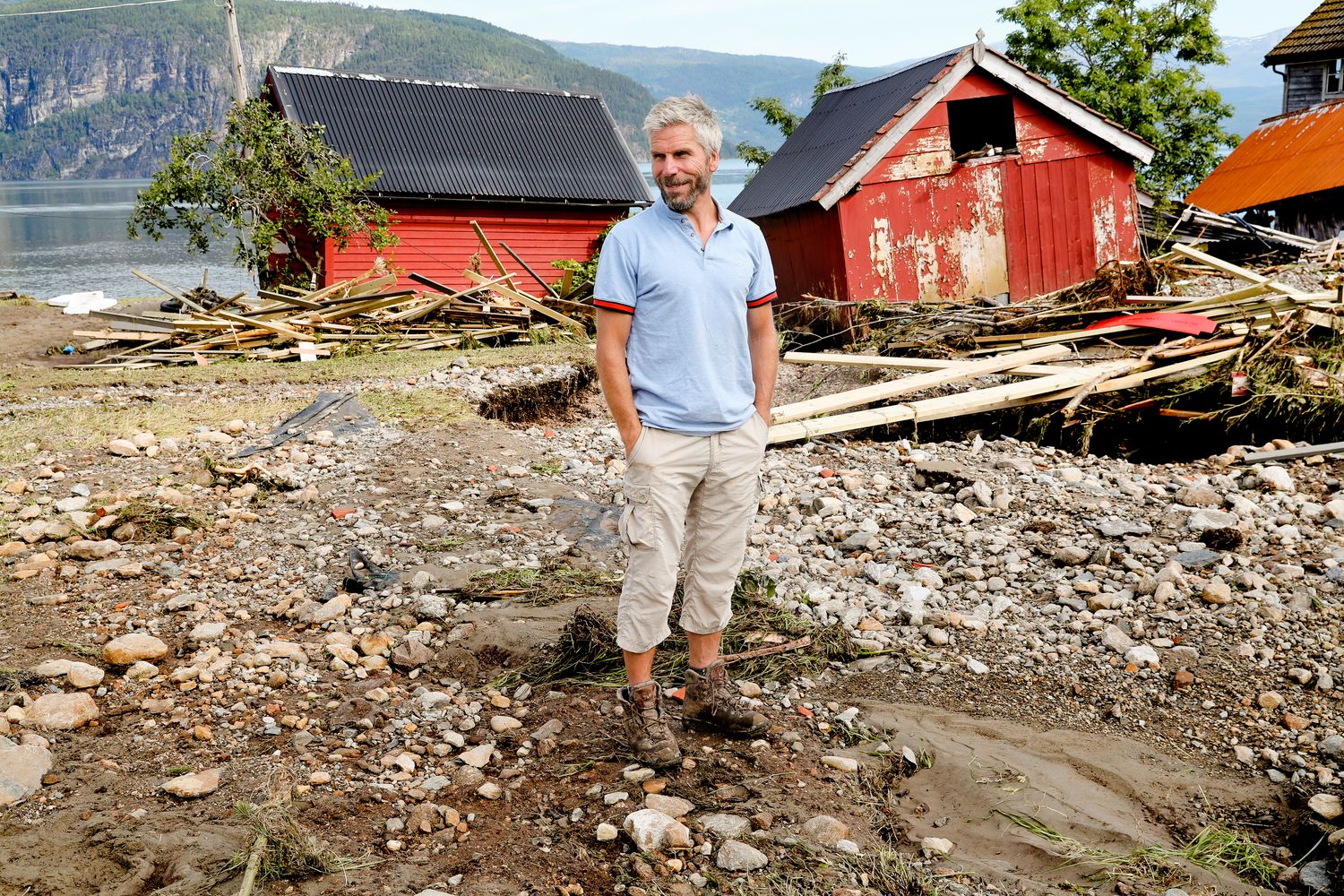 conference
conference
1st IAHR Young Professionals congress
The International Association for Hydro-Environment Engineering and Research (IAHR) has hosted their first Young Professionals congress this week. The congress aims to encourage networking and mentorship for young researchers in fields such as Fluvial Hydraulics, Hydroinformatics, Flood Risk Management or Sediment Transport, Experimental Methods and Instrumentations, among others. The event was held virtually (streamed live in YouTube) and gathered nearly 1,000 attendees.
Michal, Nitesh and Adina took part in the congress and the latter two presented their most recent findings in form of extended abstracts and posters in the Flood Risk Management session, chaired by Stefan Haun (Stuttgart University in Germany) and Benjamin Dewals (University of Liège in Belgium), and moderated by José M. Carrillo (Technical University of Cartagena in Spain). Both presentations were recorded by the congress organizing committee and are available down below.

Adina presented an overview of her research, namely “Optimization and visualization of numerical models of flash floods in steep Norwegian rivers“, where she compared the computing effort of High-Performance Computing with the standard computing versions for a small 2D hydrodynamic model based on the 2017 flood in Utvik (western Norway).
Michal and Nitesh presented “Coupled hydrodynamic and hydrologic modelling using Telemac-2D” in a different study case in western Norway. The focus was on testing the effect of modelling short and long term Antecedent Moisture Conditions, mesh size and steep slope correction. The congress proceedings will be available in the e-Library of IAHR.















































